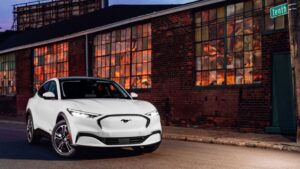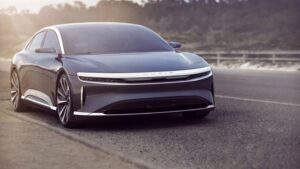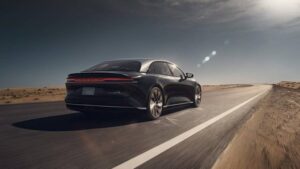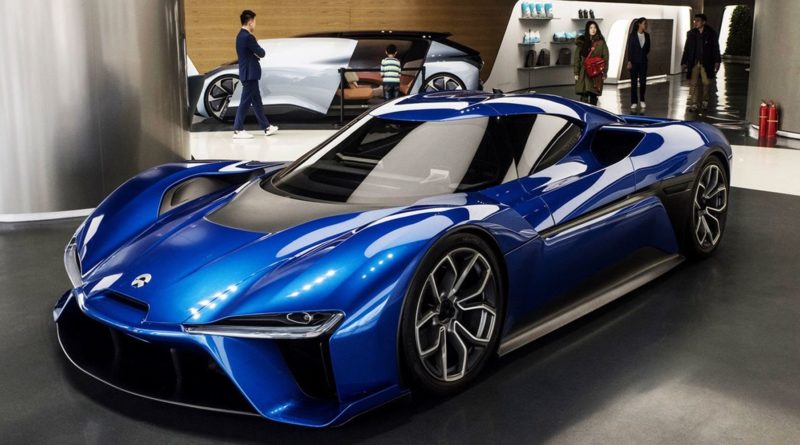German automaker Porsche is investing about $24 million in the development of “e-fuels,” which officials say is a climate-neutral fuel to replace gasoline in non-electric vehicles.
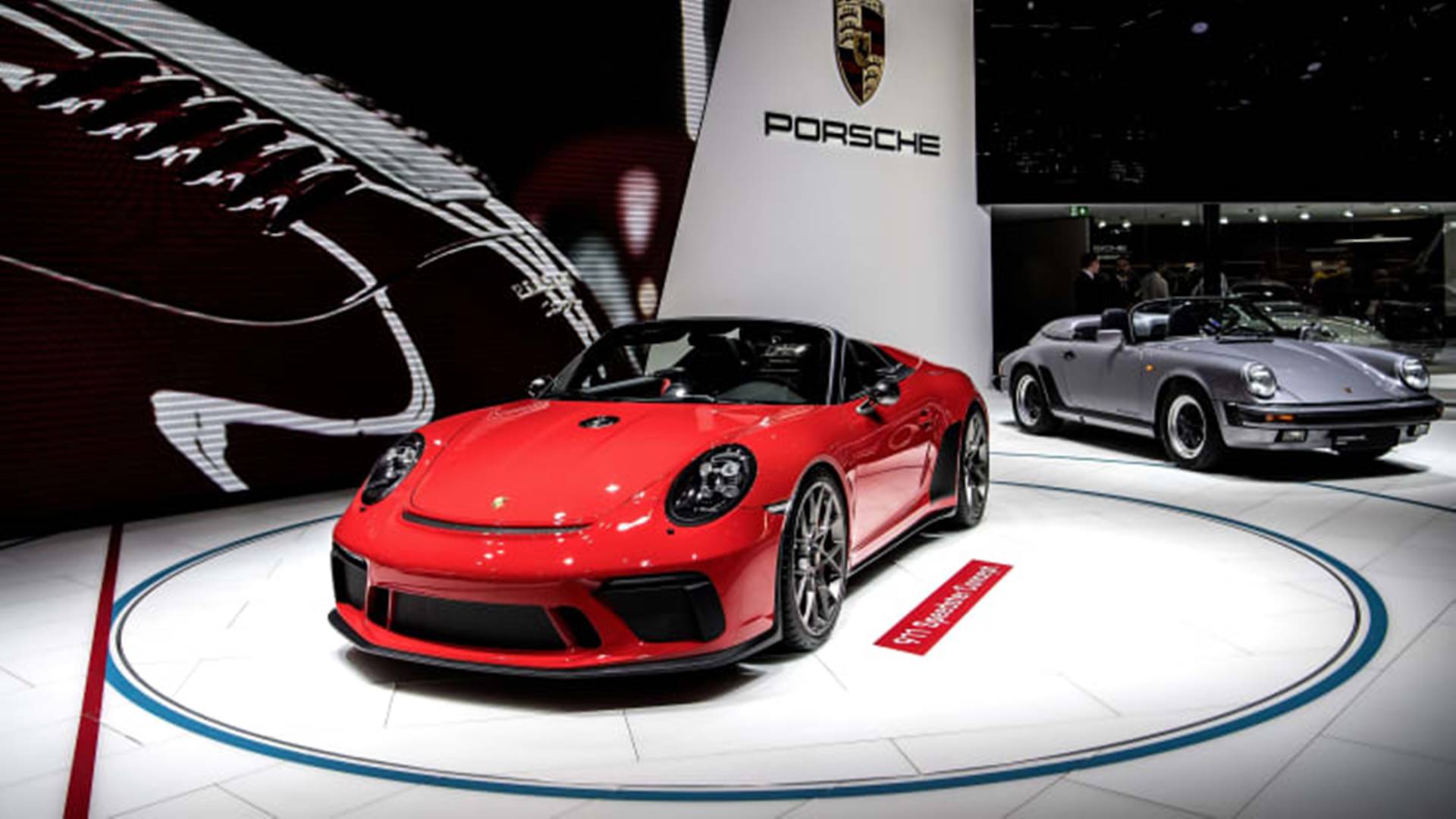
Christophe Archambault | AFP | Getty Images
Production of such a fuel would allow the company and potentially other automakers a way to continue producing vehicles such as Porsche’s iconic 911 sports car with a traditional engine alongside, or rather than, a new electric model. While electric vehicles can offer outstanding performance, the driving dynamics of the vehicles are different than traditional engines.
“We would like and love cars like the 911 with high-rev combustion engines or turbocharged engines still as cars you could drive in the future without having the burden of a CO2 footprint, an unnecessary CO2 footprint,” Michael Steiner, Porsche’s director of research and development, said Wednesday during a virtual media event.
Related Posts
Officials said e-fuels can act like gasoline, allowing owners of current and classic vehicles a more environmental-friendly way to drive. It also could use the same fueling infrastructure as current fuels rather than billions in investments for new infrastructure for electric vehicles.
The announcement does not change Porsche’s target to have half of Porsche models sold by 2025 to be electrified, including all-electric and plug-in hybrid vehicles.
Porsche, owned by Volkswagen, announced the investment in partnership with Siemens’ renewable energy unit and other international companies such as energy firm AME and the petroleum company ENAP from Chile. It includes developing and implementing a plant in Chile that is expected to yield the “world’s first integrated, commercial, industrial-scale plant” for making synthetic climate-neutral fuels, also known as e-fuels.
The pilot project is expected to begin e-fuel production at the plant as early as 2022. Porsche is expected to be the primary customer for the green fuel, starting with use in vehicles for motorsports and its owner experience centers.
The plant and process will be powered by renewable wind energy, a reason why Chile was chosen for the plant along with “excellent climate conditions.”
E-fuels are produced by a complex process using water, hydrogen, and carbon dioxide. The CO2 is filtered from the air and combined with hydrogen from the water to produce synthetic methanol, according to officials. The result is “renewable methanol,” which the companies say can be converted into gasoline using an MTG (Methanol to Gasoline) technology to be licensed and supported by Exxon Mobil.
The only emissions from the vehicles would be carbon produced that was initially pulled from the air to make the synthetic fuel. The vehicles would still need to use oil to lubricate the engine.
CNBC / Balkantimes.press
Napomena o autorskim pravima: Dozvoljeno preuzimanje sadržaja isključivo uz navođenje linka prema stranici našeg portala sa koje je sadržaj preuzet. Stavovi izraženi u ovom tekstu autorovi su i ne odražavaju nužno uredničku politiku The Balkantimes Press.
Copyright Notice: It is allowed to download the content only by providing a link to the page of our portal from which the content was downloaded. The views expressed in this text are those of the authors and do not necessarily reflect the editorial policies of The Balkantimes Press.

